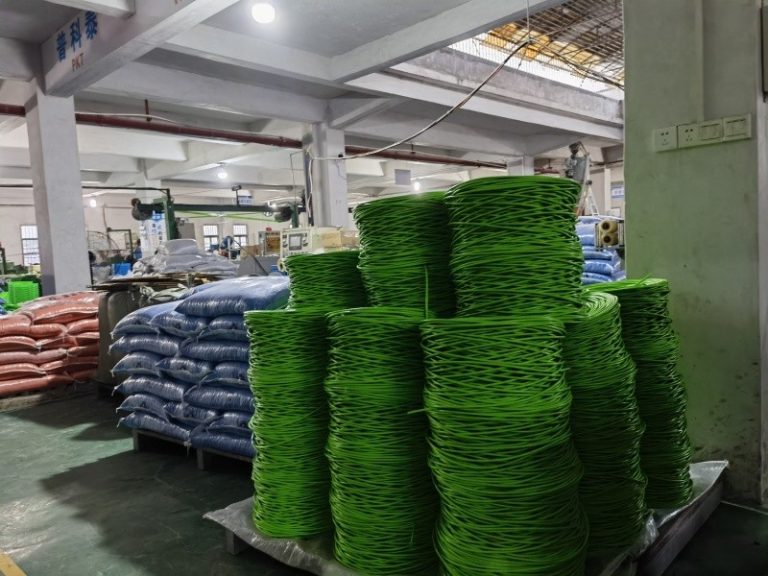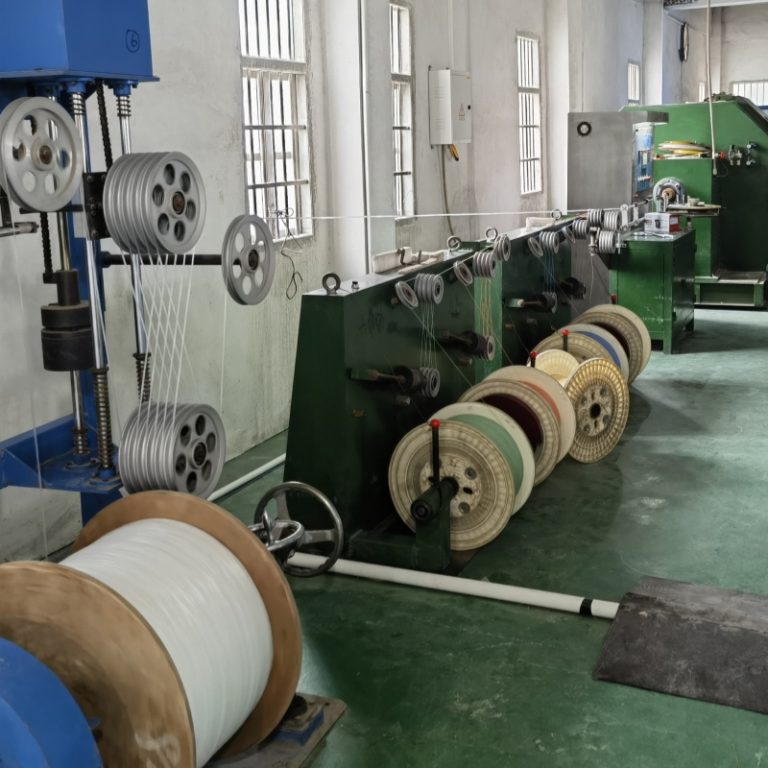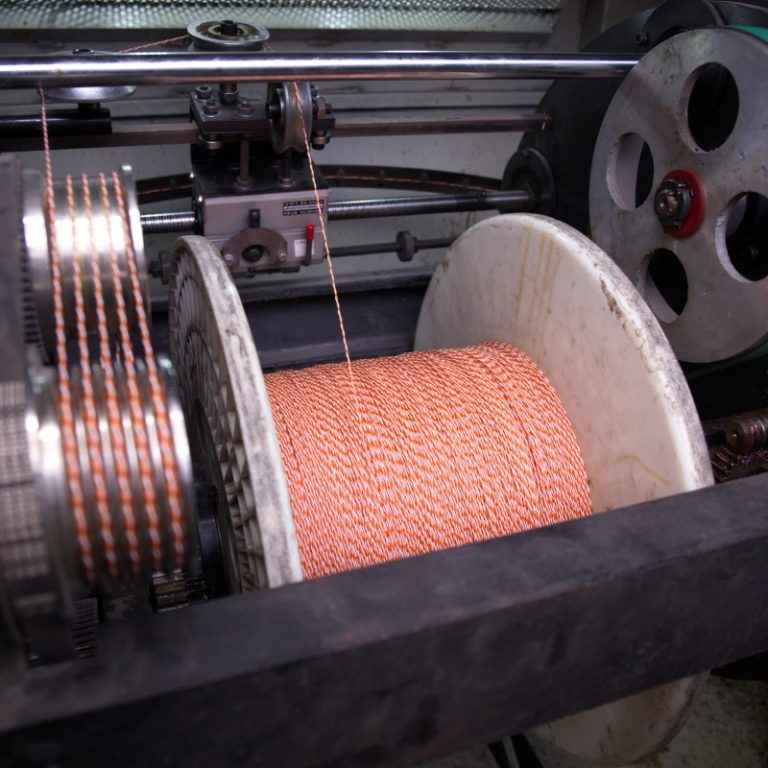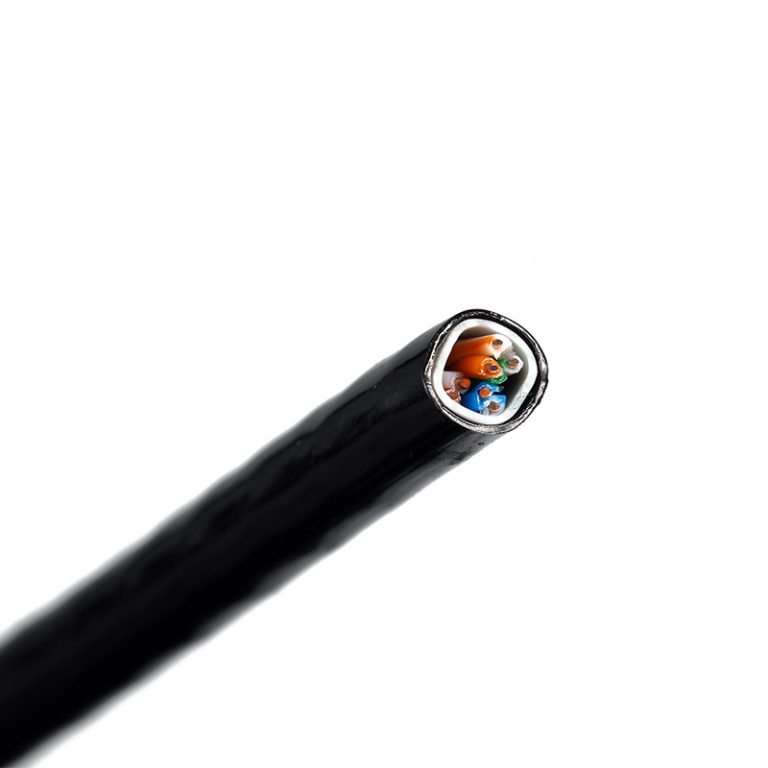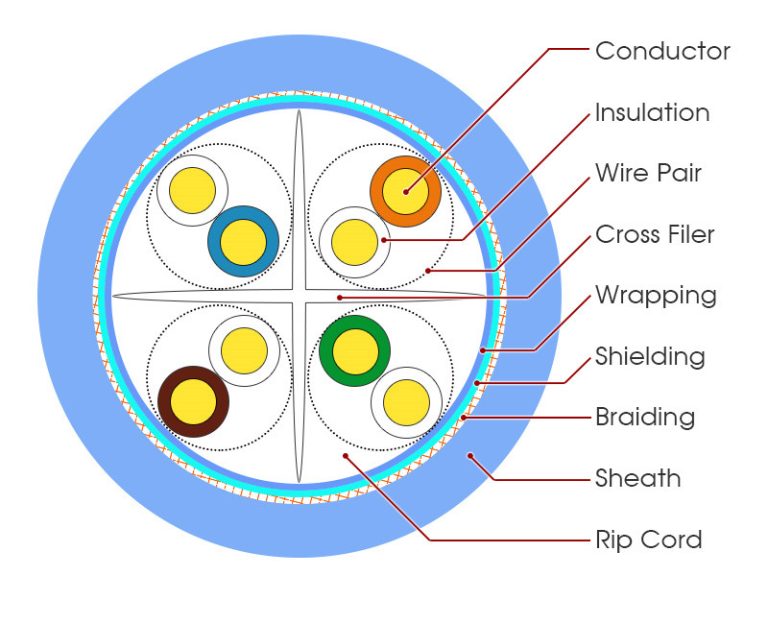Cheap Cat8 cable Manufacturer,Difference between ftp and utp cable ethernet cable
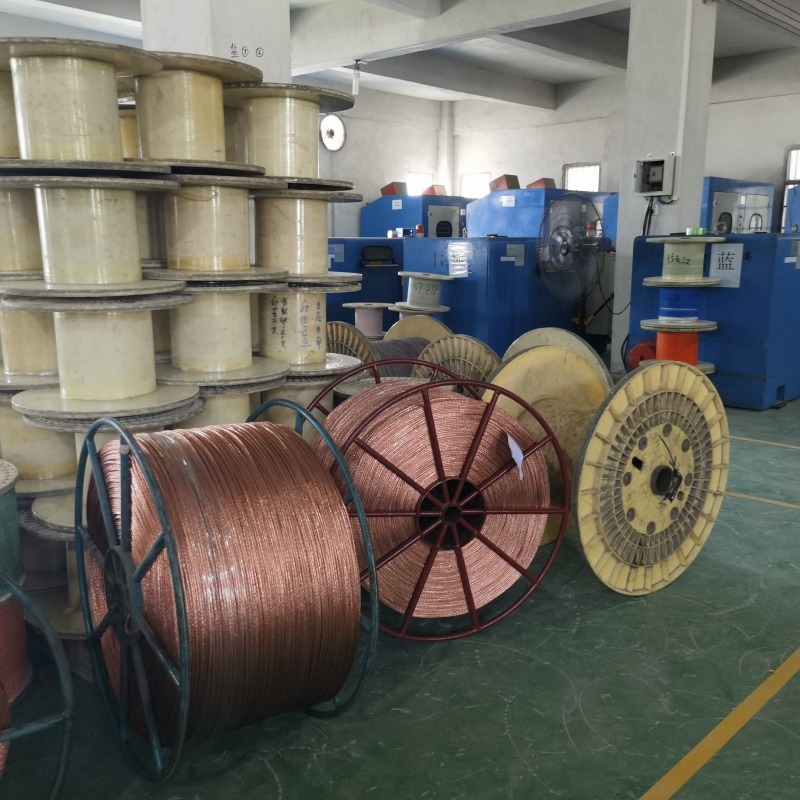
Exploring the Top Cheap Cat8 Cable Manufacturers
In the realm of networking, the importance of high-quality Ethernet cables cannot be overstated. Among the various types of Ethernet cables available in the market, Cat8 cables are gaining popularity due to their superior performance and speed. However, the cost of these cables can be a deterrent for many. This is where cheap Cat8 cable manufacturers come into the picture, offering quality products at affordable prices.
One of the leading manufacturers in this domain is Vandesail. Known for their robust and durable cables, Vandesail offers Cat8 cables that are not only affordable but also deliver high-speed data transfer rates. Their cables are designed to support bandwidth up to 2000MHz and speeds up to 40Gbps, making them ideal for high-speed networking.
Another noteworthy manufacturer is DbillionDa. They offer Cat8 cables that are designed with multiple shielding layers to ensure minimal signal interference. These cables are capable of supporting high-speed data transfer and are perfect for applications that require high bandwidth. Despite their high-quality design and performance, DbillionDa’s Cat8 cables are competitively priced, making them a popular choice among budget-conscious consumers.
While discussing Ethernet cables, it’s also important to understand the difference between FTP (Foiled Twisted Pair) and UTP (Unshielded Twisted Pair) cables. Both these types of cables are used in Ethernet networks, but they differ in terms of their design and performance.
UTP cables are the most common type of Ethernet cables. They consist of twisted pairs of wires without any shielding. This design makes them easy to install and cost-effective. However, they are more susceptible to electromagnetic interference, which can affect data transmission.
| Nr. | Product Name |
| 1 | Test network cable via Fluke |
On the other hand, FTP cables have an additional layer of foil shielding around the twisted pairs of wires. This shielding helps to prevent electromagnetic interference, ensuring a more stable data transmission. FTP cables are typically used in environments where there is a high risk of electromagnetic interference.
However, it’s important to note that while FTP cables offer better protection against interference, they are more expensive and harder to install than UTP cables. Therefore, the choice between FTP and UTP cables largely depends on the specific requirements of your network and your budget.
In conclusion, when it comes to Cat8 cables, manufacturers like Vandesail and DbillionDa offer quality products at affordable prices. These cables are designed to deliver high-speed data transfer rates, making them ideal for high-performance networking. However, when choosing an Ethernet cable, it’s also important to consider whether an FTP or UTP cable would be more suitable for your needs. While FTP cables offer better protection against interference, they are more expensive and harder to install. On the other hand, UTP cables are more cost-effective and easier to install, but they are more susceptible to interference. Therefore, the choice between these two types of cables should be based on the specific requirements of your network and your budget.
Understanding the Differences between FTP and UTP Ethernet Cables
Ethernet cables are the lifeblood of any wired network, providing the essential link between devices and the internet. Among the various types of Ethernet cables available in the market, FTP (Foiled Twisted Pair) and UTP (Unshielded Twisted Pair) cables are the most commonly used. However, understanding the differences between these two types of cables can be a daunting task for many. This article aims to shed light on these differences and also introduce a cheap Cat8 cable manufacturer.
FTP and UTP cables are named based on their structural design. UTP cables, as the name suggests, are unshielded, meaning they lack an additional layer of protective material around the twisted pairs of wires inside the cable. This design makes UTP cables thinner, lighter, and more flexible, which can be advantageous during installation, especially in tight spaces. Moreover, UTP cables are generally less expensive than their FTP counterparts, making them a popular choice for many network installations.

On the other hand, FTP cables come with an additional layer of foil shielding around the twisted pairs of wires. This shielding serves a crucial purpose: it reduces electromagnetic interference (EMI), which can degrade the quality of the data transmission. EMI can be a significant issue in environments with numerous electronic devices, such as data centers or office buildings. Therefore, FTP cables are often the preferred choice in these settings, despite their higher cost and less flexibility.
Now, let’s turn our attention to Cat8 cables. Cat8, or Category 8, is the latest iteration of Ethernet cables. It offers the fastest data transmission speeds currently available, up to 40 Gigabits per second (Gbps) over distances up to 30 meters. This makes Cat8 cables an excellent choice for high-speed, high-volume data applications, such as server farms or data centers.
However, the high performance of Cat8 cables comes with a higher price tag. This is where a cheap Cat8 cable manufacturer can make a significant difference. One such manufacturer is Vention. Vention is a reputable manufacturer known for producing high-quality Ethernet cables at affordable prices. Their Cat8 cables are no exception, offering top-tier performance without breaking the bank. Vention’s Cat8 cables come with all the benefits of standard Cat8 cables, including high-speed data transmission and excellent resistance to EMI. Moreover, they are available in a variety of lengths, making them suitable for a wide range of applications.
In conclusion, the choice between FTP and UTP Ethernet cables largely depends on the specific needs of your network. If you’re operating in an environment with high levels of EMI, an FTP cable might be the best choice. However, if cost and flexibility are your primary concerns, a UTP cable could be more suitable. And if you’re looking for the fastest data transmission speeds available, a Cat8 cable from a cheap manufacturer like Vention could be just what you need. Regardless of your choice, understanding the differences between these types of cables can help you make an informed decision and ensure the optimal performance of your network.
How to Choose Between FTP and UTP Ethernet Cables: A Comprehensive Guide
When it comes to setting up a network, whether for a small home office or a large corporate environment, the choice of Ethernet cable can significantly impact the performance and reliability of the system. Among the various types of Ethernet cables available in the market, FTP (Foiled Twisted Pair) and UTP (Unshielded Twisted Pair) cables are two of the most commonly used. However, choosing between these two can be a daunting task, especially for those who are not well-versed in the technicalities of network cabling. This article aims to provide a comprehensive guide to help you make an informed decision.
FTP and UTP cables are both types of twisted pair cables, which are named for the way their internal wires are twisted together in pairs. This twisting helps to reduce electromagnetic interference, thereby improving the quality of the data transmission. However, the key difference between FTP and UTP cables lies in their shielding, which affects their ability to resist interference.
UTP cables, as the name suggests, are unshielded. This means they do not have any additional layers of protection against electromagnetic interference beyond the twisting of the wires. While this makes UTP cables more flexible and easier to install, it also makes them more susceptible to interference from other electronic devices. This can lead to a degradation in the quality of the data transmission, especially in environments with a high level of electronic noise.
On the other hand, FTP cables are equipped with an additional layer of foil shielding around the twisted pairs. This shielding provides an extra level of protection against electromagnetic interference, making FTP cables a better choice for environments with a high level of electronic noise. However, this additional shielding also makes FTP cables less flexible and more difficult to install than UTP cables.
When choosing between FTP and UTP cables, it is important to consider the specific needs and conditions of your network environment. If your network is located in an environment with a high level of electronic noise, such as a factory or a hospital, then FTP cables may be the better choice due to their superior resistance to interference. However, if your network is located in a relatively quiet environment, such as a home or a small office, then UTP cables may be sufficient.
In terms of cost, UTP cables are generally cheaper than FTP cables. However, it is important to note that the cost of the cable is only one factor to consider. The potential cost of network downtime or data loss due to interference can far outweigh the initial cost savings of choosing a cheaper cable. Therefore, it is crucial to choose a cable that provides the right balance of cost and performance for your specific needs.
One reliable source for affordable and high-quality Ethernet cables is the Cheap Cat8 cable manufacturer. Cat8 cables are the latest generation of Ethernet cables, offering superior performance and speed compared to previous generations. Despite their high performance, Cat8 cables from the Cheap Cat8 cable manufacturer are competitively priced, making them an excellent choice for those looking to upgrade their network without breaking the bank.
In conclusion, the choice between FTP and UTP Ethernet cables depends on the specific needs and conditions of your network environment. By understanding the differences between these two types of cables and considering factors such as cost, performance, and the level of electronic noise in your environment, you can make an informed decision that will ensure the reliability and performance of your network.

